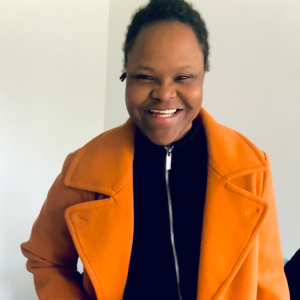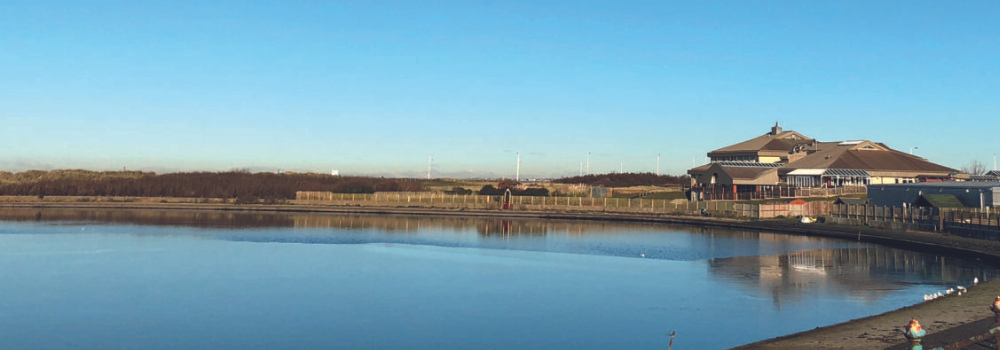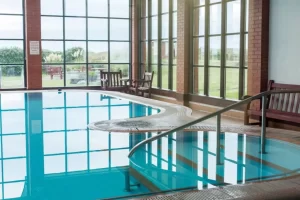As part of Cerebral Palsy Awareness Month, Rebecca shares what she wants people to know about cerebral palsy.
I wasn’t diagnosed with having Cerebral Palsy until I was 2yrs old, the doctors told my mum and dad I would never be intelligent enough to go to school because I wouldn’t understand words.
Forty years later, I was so nervous and excited sitting waiting for my name to be called out, I kept pinching myself to make sure it was really happening.
I heard my name being called all I could think of was not tripping on my gown, everyone was cheering I was finally holding my PG Dip in my hand. This was the result of 3yrs hard work at university a milestone in my life the day I went from being a student with CP to a professional Counsellor/Psychotherapist my Graduation Day.
10 yrs on I am highly experienced practitioner I volunteer at Cancer Support Scotland as a counsellor, and I have a small private practice where I counsel people with disabilities like me.
I have achieved so much in my life despite of the challenges of having cerebral palsy brings these have been all physical absolutely nothing to do with intelligence, I started a mainstream school when I was 4yrs old, Passed all my exams at secondary school and college and then worked as an information worker, before changing careers and going to university.
So my doctors and specialists got it wrong just like many others do, I want to shout it loud and clear that people with cerebral palsy are INTELLIGENT.




 Hello, My name is Ruthanne Miller, I’m 26 years old and I am from London, I have Diplegia, cerebral palsy.
Hello, My name is Ruthanne Miller, I’m 26 years old and I am from London, I have Diplegia, cerebral palsy.

